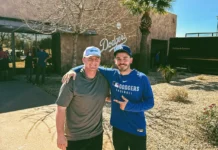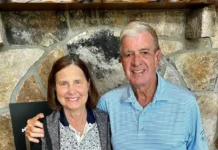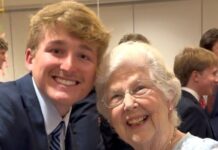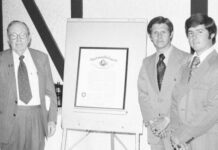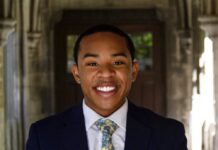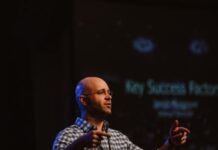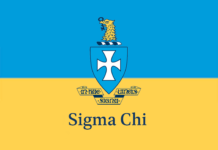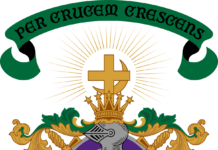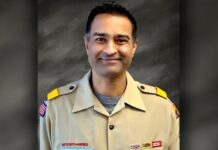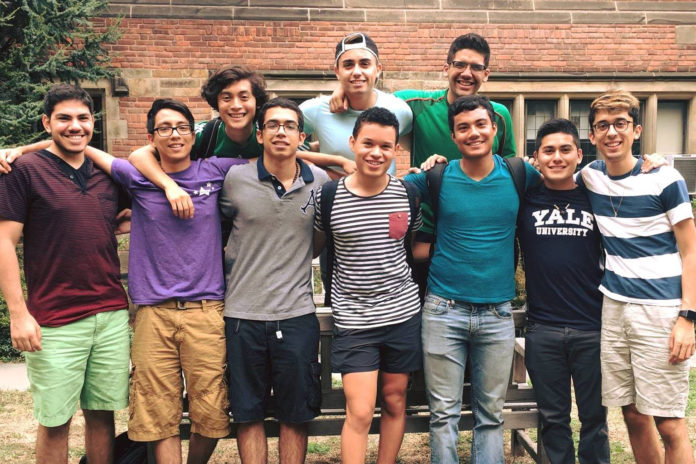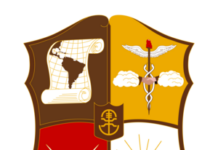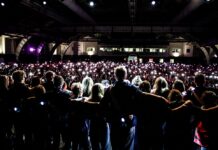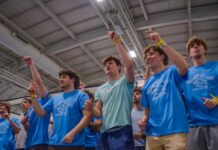As the Yale community continues to consider the future of all-male spaces on campus, members of La Unidad Latina, Lambda Upsilon Lambda Fraternity hosted a Nov. 21 open discussion focused on redefining masculinity.
Around 20 people gathered in the Office of LGBTQ Resources to talk about the topic, which is “not often discussed in the Latinx community,” according to discussion leader Dennis Portillo ’22. The discussion — which was organized by Portillo and Nathan Nuñez ’20 — centered around contemporary definitions of masculinity and how they come to shape societal norms. The discussion’s organizers collaborated with Professor of Women’s, Gender and Sexuality Studies Andrew Dowe ’08.
LUL has previously held similar conversations on campus, including one last spring, which dealt with “decolonizing masculinity.” Portillo characterized this year’s discussions as more “intentional” in including the community, adding that he hopes to “establish this as a new tradition for the organization.”
“I feel like as Latino men, we don’t really talk about these kinds of things out in the open or ever feel comfortable to do so,” Portillo told the News. “This event allows for a space where we can really question a lot of the normative behavior we embrace, really understand how it affects us as people, how it takes up space, [and] how we can better be aware of how we are treating other people.”
The discussion began with several community members sharing their personal conceptions of masculinity and their associations with the idea. Dowe then led a more seminar-style discussion regarding definitions of masculinity.
The conversation was influenced by Dowe’s class, Men, Manhood and Masculinity, which explores cultural and historical constructions of masculinity. In the seminar, students examine the demands and benefits of masculinity and how it informs contemporary society, according to Dowe.
“In the class, we are thinking about how to create better climates socially, at work and academically,” Dowe told the News after the discussion.
The conversation then turned towards how masculinity shapes personal relationships. Some community members pointed out how masculinity tends to restrain communication. They spoke about a perceived societal expectation for men to be unemotional.
The talk ended on the topic of imagining possible futures of masculinity. Portillo and Nuñez asked the group what they thought they could do to achieve a better definition of the concept.
“I think it was really powerful that people were talking about their own experiences,” Nuñez told the News after the talk. “It really calls out and brings [out] what’s in mind about masculinity. We think so many things about masculinity but we hardly ever talk about it.”
According to Dowe, the effects of discussions such as these “reverberate” throughout Yale, encouraging more explicit conversations about gender and gender roles.
LUL plans to continue holding community discussions, with future iterations in collaboration with different organizations and professors.
La Unidad Latina, Lambda Upsilon Lambda Fraternity was formed in 1981.



